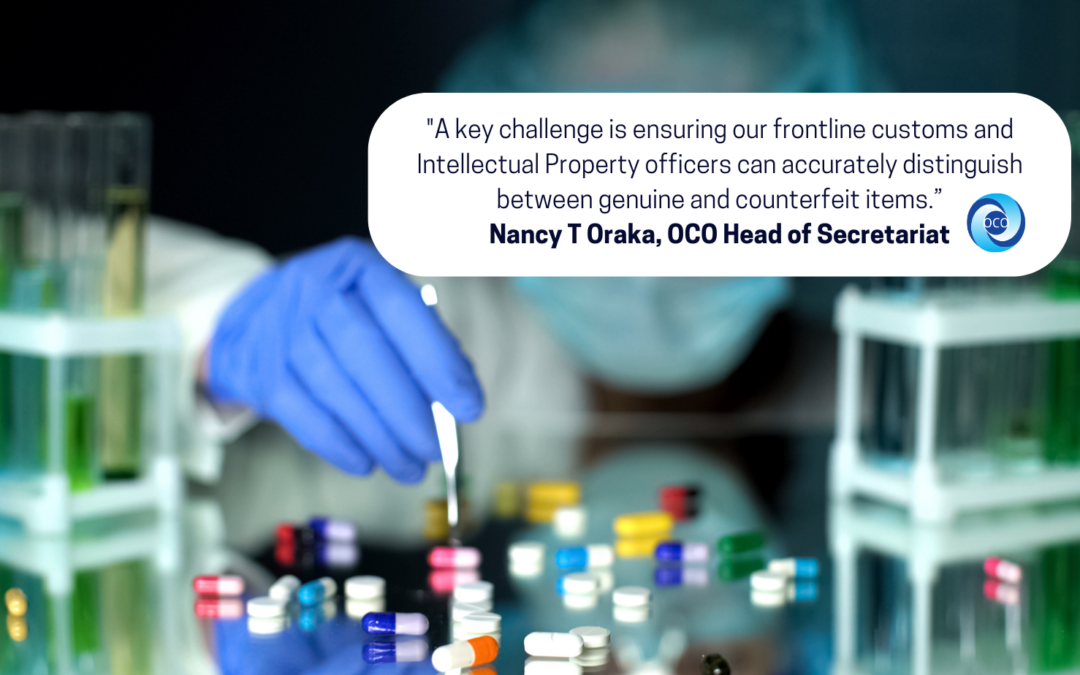Suva, Fiji- Customs administrations across 14 Pacific Island nations are intensifying their efforts to stem the influx of counterfeit products and protect Intellectual Property Rights (IPR), Oceania Customs Organisation (OCO) Head of Secretariat, Ms. Nancy T. Oraka said.
OCO, in partnership with the United States Patent and Trademark Office (USPTO) last month launched an eight-week Brand Protection and Product Identification Workshop Series designed to equip frontline customs and Intellectual Property (IP) officers with critical skills to detect and intercept counterfeit goods.
“The proliferation of counterfeit products across our region poses serious threats to public health, consumer safety, and economic development,” Ms. Oraka said. “A key challenge is ensuring our frontline customs and IP officers can accurately distinguish between genuine and counterfeit items. This comprehensive IP enforcement training is a vital step in safeguarding our economies and protecting our citizens.”
The virtual training program started in February and ends on April 16, 2025.
“This is not just about protecting brands—it’s about protecting lives and livelihoods as well,” Ms. Oraka emphasised. “We have heard of counterfeit malaria tablets in Solomon Islands which contained no active ingredients, meaning patients would have received no treatment for a potentially fatal disease. And there have been cases in the Samoa and even New Zealand where counterfeit phone chargers and batteries are alleged to have caused a house fire.”
The workshop series brings together a coalition of global industry leaders. Representatives from Apple, Nike, Pfizer, Coca-Cola, and other major brands will provide hands-on training in identifying counterfeit versions of their products.
The workshop aims to develop practical skills for customs and IP officials, build sustainable technical capacity, establish regional cooperation, and support stronger IP enforcement.
“The timing of this initiative is critical,” noted Ms. Oraka. “Pacific nations face increasingly sophisticated counterfeit operations that threaten public safety, undermine legitimate businesses, and deprive governments of essential revenue. This partnership with USPTO represents a critical step in our regional approach to IP protection.”
END.
